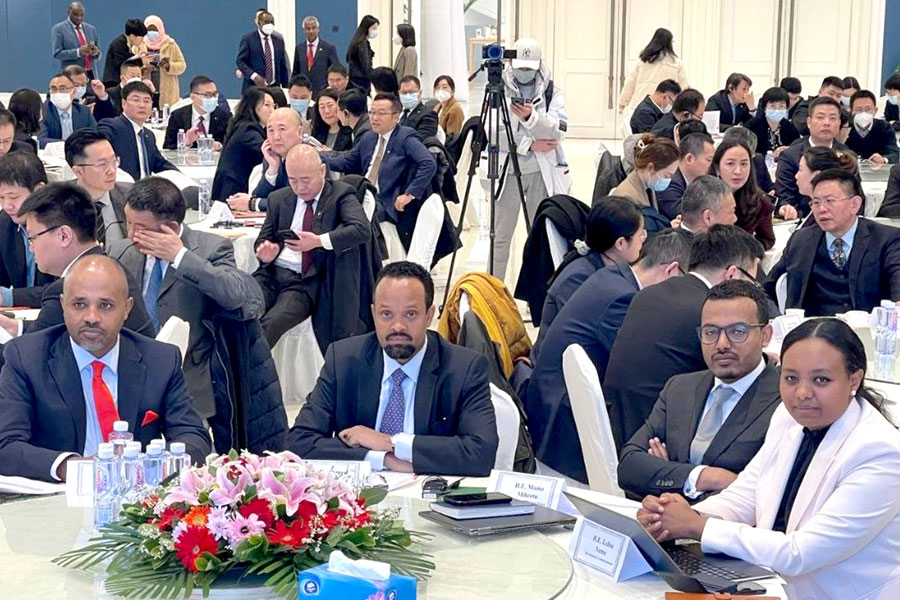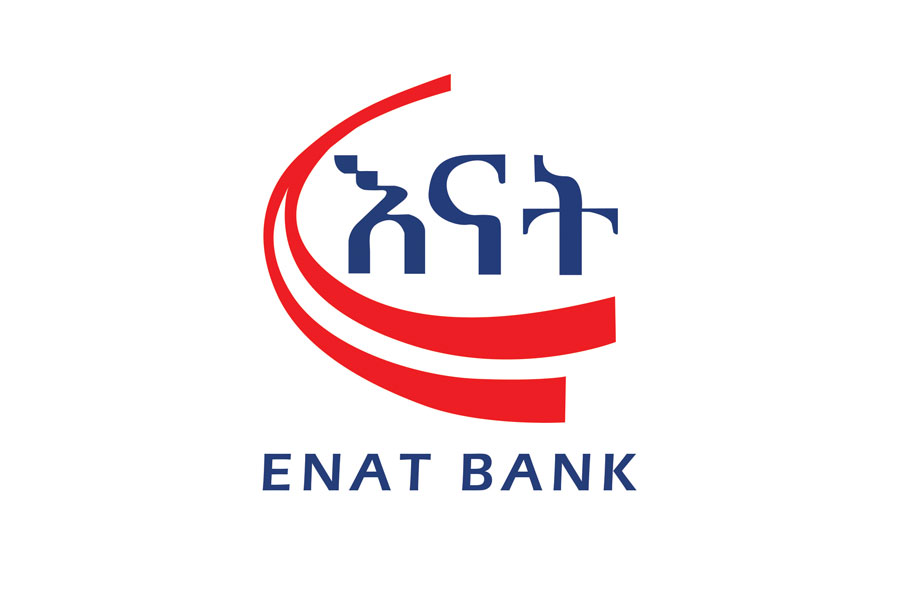
Fortune News | Feb 09,2019
Jan 18 , 2019
By Lea Mehari
The preferred form of business organisation in Ethiopia is a Private Limited Company (PLC), which is formed between two to 50 persons.
Many people opt to form a PLC for their businesses because of the advantages they provide. Compared to share companies, they have relatively easier formation and regulatory procedures, minimal capital requirements and no need for a board of directors to manage the company.
If the members are less than 20, the company does not even need to appoint auditors and hold general meetings. Compared to sole proprietorships and other types of partnerships, the liability of the partners for any issue arising out of the business is limited to the extent of their contributions toward the company.
The shares in a PLC accrue certain rights to the partner. They include property rights on the profits, or in case of the dissolution of the company, and the right to participate in the management of the company.
But there is a hitch to PLCs, especially if one is not getting along with the partners, slacking off obligations or both.
A PLC, as a business entity with more than one partner, is amenable to contentions between partners. If the trust, support and need to work together do not exist, the company will not be able to function properly and may eventually cease its operations.
If a partner fails to show up at meetings where decisions necessary for the growth of the company are taken and votes need to be tallied, it will be detrimental to the operations of the company. Not unlike lack of capital, the absence of willingness between partners to work together can be an existential threat to a PLC. It can get to a point where it is either that or the removal of a partner from the company.
International experience shows differences in the way partners can be removed from company ownership. Some countries make it possible to close off the whole company if one of the partners fails to undertake obligations properly; others put up stricter regulations on closing off of a company, leaving the removal of partners as the only option. But a rule to govern this issue must be set out in the memorandum of association.
In Ethiopia, if a partner in a PLC is proved to have hampered the growth of the company or acts detrimental to its existence, the other partners can bring the case to a court of law. If the court finds that the partner did act in a way that goes against the intended growth of the company and finds that the partner is not fulfilling obligations under the memorandum and articles of association, then the court can remove that partner.
Many details in the memorandum and articles of association of businesses are left to the discretion of the partners by Ethiopia’s commercial code. Some argue that the inclusion of provisions that deal with how to remove a partner of a PLC in the commercial code makes it easier for a partner to be kicked out for varying reasons given that the law is general. It should be as such that the memorandum of association stipulates particular grounds specific to the nature of the PLC, under which a partner can be kicked out.
But the provision of the commercial code is too broad to be able to deal with the reasons in which a founding partner can be kicked out from a PLC. Ethiopia should learn from countries such as England, where specific grounds for removal of partners are required to be included in the memorandum of association.
As it stands, under Ethiopia’s almost six-decade-old commercial code, there is too much room that can lead to partners losing the companies they helped form. The law should be able to protect against the vulnerability of partners within their own PLC just as it does the avoidance of duties within a firm.
PUBLISHED ON
Jan 18,2019 [ VOL
19 , NO
977]


Fortune News | Feb 09,2019

Radar | Nov 13,2021

Radar | Oct 05,2025

Radar | Mar 20,2021

Fortune News | Mar 25,2023

Fortune News | Apr 13,2019

Fortune News | May 14,2022

Radar | Sep 21,2025

Radar | Jul 08,2023

Radar | May 18,2019

Photo Gallery | 179693 Views | May 06,2019

Photo Gallery | 169890 Views | Apr 26,2019

Photo Gallery | 160839 Views | Oct 06,2021

My Opinion | 137199 Views | Aug 14,2021

Dec 22 , 2024 . By TIZITA SHEWAFERAW
Charged with transforming colossal state-owned enterprises into modern and competitiv...

Aug 18 , 2024 . By AKSAH ITALO
Although predictable Yonas Zerihun's job in the ride-hailing service is not immune to...

Jul 28 , 2024 . By TIZITA SHEWAFERAW
Unhabitual, perhaps too many, Samuel Gebreyohannes, 38, used to occasionally enjoy a couple of beers at breakfast. However, he recently swit...

Jul 13 , 2024 . By AKSAH ITALO
Investors who rely on tractors, trucks, and field vehicles for commuting, transporting commodities, and f...

Nov 1 , 2025
The National Bank of Ethiopia (NBE) issued a statement two weeks ago that appeared to...

Oct 25 , 2025
The regulatory machinery is on overdrive. In only two years, no fewer than 35 new pro...

Oct 18 , 2025
The political establishment, notably the ruling party and its top brass, has become p...

Oct 11 , 2025
Ladislas Farago, a roving Associated Press (AP) correspondent, arrived in Ethiopia in...

Nov 2 , 2025
The National Bank of Ethiopia (NBE) has scrapped the credit-growth ceiling that had s...

Nov 2 , 2025 . By SURAFEL MULUGETA
The burgeoning data mining industry is struggling with mounting concerns following th...

Nov 2 , 2025 . By YITBAREK GETACHEW
Berhan Bank has chosen a different route in its pursuit of a new headquarters, opting for a transitional building instea...

Nov 2 , 2025 . By BEZAWIT HULUAGER
Nib International Bank S.C. has found itself at the epicentre of a severe governance...